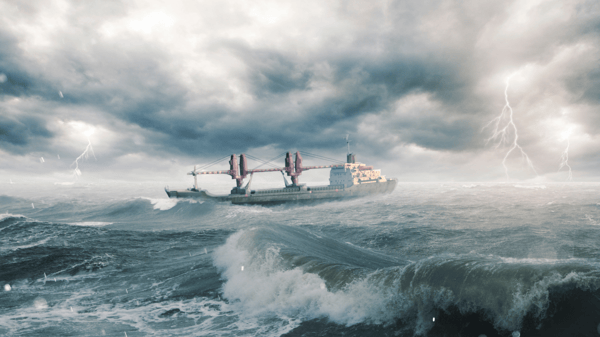

As a maritime worker injured on the job, the aftermath can be a challenging and confusing time. At VB Attorneys, we specialize in representing injured maritime workers in Jones Act cases. Understanding the common defense tactics employed by companies like Chevron Shipping is crucial for a successful claim. This article explores these tactics and how they might impact your case.
The "Contributory Negligence" Defense
One common defense strategy is to argue that the injured worker contributed to their own injury. Companies may claim that the worker failed to follow safety procedures or was careless in their duties. It's important to note that while contributory negligence can reduce the amount of compensation, it doesn't necessarily bar recovery under the Jones Act.
Challenging Injury Claims and Medical Evidence
A common defense strategy in Jones Act cases involves questioning the severity of injuries and challenging medical evidence. Defendants often try to minimize the extent of the plaintiff's injuries, arguing that they are less severe than claimed or stem from pre-existing conditions rather than the workplace incident. To support this, companies frequently attempt to cast doubt on medical evidence presented by the plaintiff. This can involve hiring their own medical experts to provide conflicting opinions or questioning the credibility of the plaintiff's medical professionals. Our attorneys at VB Attorneys see this defense all the time. The best way to counteract it is to ensure you have as much documentation as possible. Thorough medical records, consistent follow-ups with healthcare providers, and detailed accounts of how the injury impacts your daily life can all strengthen your case against these tactics.
The "Functional Capacity Evaluation" Tactic
Some companies hire third-party evaluators to conduct Functional Capacity Evaluations (FCEs) of injured workers. These evaluations can be used to claim that workers are exaggerating their symptoms or are capable of more work than they claim.
In case we handled out of Florida, a Circuit Judge struck down much of the testimony from such an evaluator. The evaluator, a physical therapist named Trevor Bardarson, had conducted a 4-hour examination of an injured deckhand and claimed the worker was faking symptoms based on a "validity assessment." The judge ruled that these opinions were not based on sufficient facts or data, nor on reliable principles and methods. This case shows the importance of scrutinizing such evaluations and the credentials of those conducting them.
Statute of Limitations Defense
Defendants may argue that the claim was filed too late, citing the three-year statute of limitations under the Jones Act. It's crucial to file your claim promptly to avoid this defense. We interact with people who have great cases on a daily basis, only to find out that they were injured over 3 years ago. Don’t let this situation be the reason you don’t get compensated fairly.
Lack of "Seaman" Status
Companies might argue that the injured worker doesn't qualify as a "seaman" under the Jones Act, which requires a connection to a vessel in navigation. This defense attempts to disqualify the worker from Jones Act protections.
Defendants like Chevron Shipping might argue that:
- The worker's duties were primarily land-based, with only incidental connection to vessels.
- The worker didn't spend enough time on vessels to meet the "substantial duration" requirement (often using the 30% rule of thumb).
- The worker was assigned to a fixed platform or other structure that doesn't qualify as a "vessel in navigation."
- The worker's connection to vessels was too irregular or sporadic to be considered substantial.
Our Jones Act Attorneys Are Here to Help
Understanding these common defense tactics can help ensure a successful claim against companies like Chevron Shipping. At VB Attorneys, we have extensive experience countering these strategies and fighting for the rights of injured maritime workers. If you've been injured while working at sea, don't face these challenges alone. Contact us for a professional evaluation of your case and strong advocacy on your behalf.

